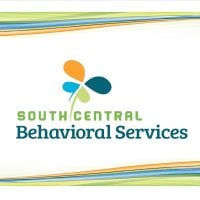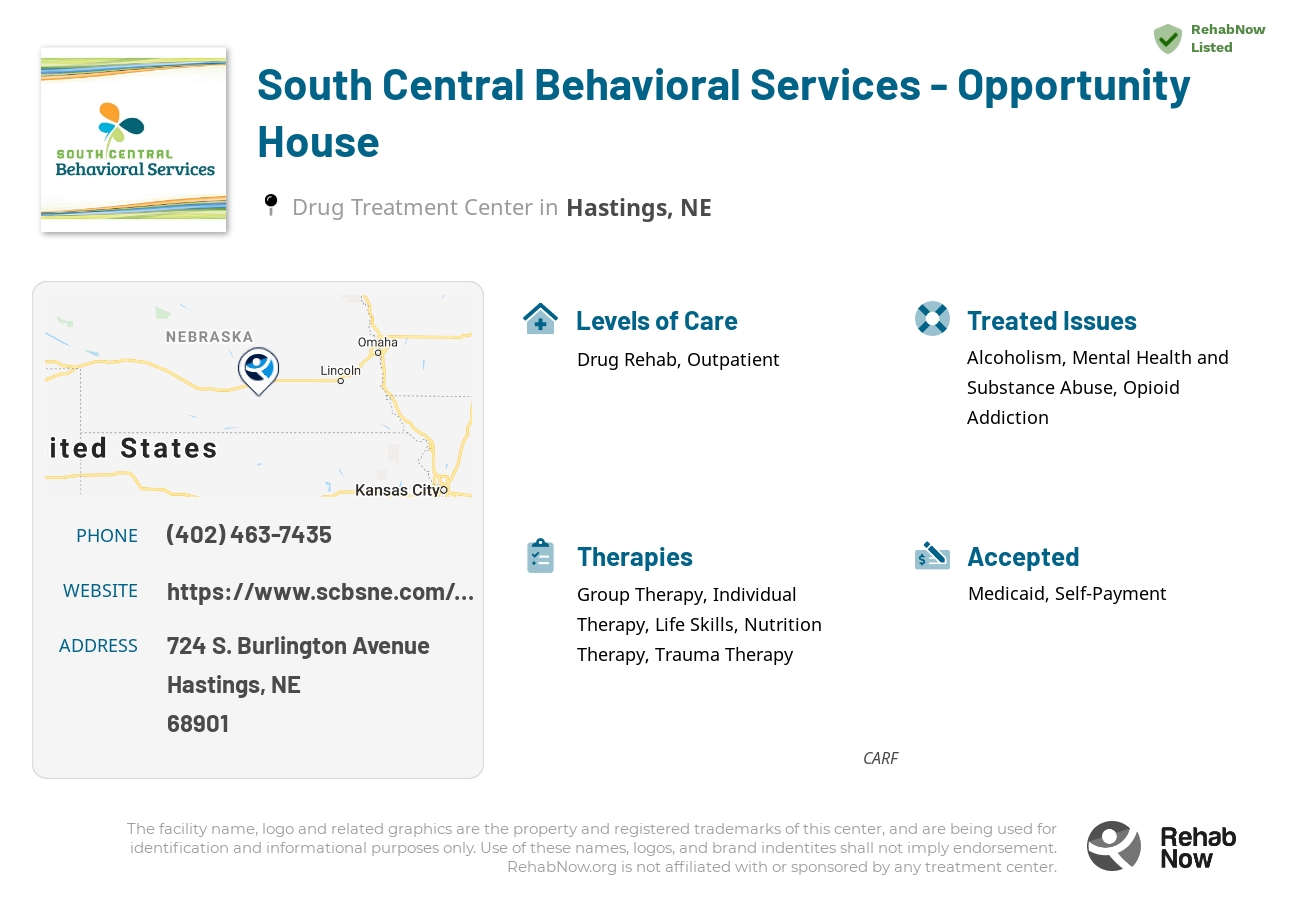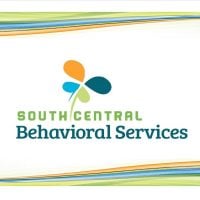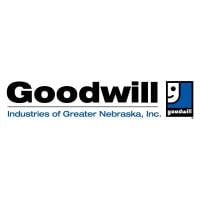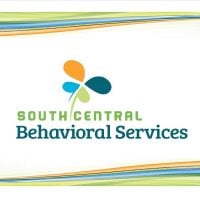South Central Behavioral Services - Opportunity House
Drug Rehab Center in Hastings, Nebraska
South Central Behavioral Services - Opportunity House provides a comprehensive range of accredited, private insurance-accepting addiction treatment options and services, staffed by knowledgeable and experienced professionals, to ensure individualized care for their patients.
About South Central Behavioral Services - Opportunity House in Nebraska
South Central Behavioral Services - Opportunity House, stationed in Hastings, Nebraska, is a beacon for individuals of all ages in need of behavioral healthcare and mental health treatment. This center is unique in its comprehensive approach to addiction recovery, focusing on the entire person rather than just the addiction. They offer specialized programs such as residential treatment and partial hospitalization, providing those battling addiction with the support needed for a transformative journey.
- Residential Treatment Program: Offers a 6 to 12-month plan where clients live in coed quarters to learn new skills for handling mental health and daily life challenges.
- Partial Hospitalization Program (PHP): A day program running 3 to 5 days a week from 8:30 am to 3 pm, focusing on skill development and group activities, including vital peer support services.
- Whole-Person Approach: Emphasizes treating the entire individual, not just the addiction, encouraging a comprehensive transformation in a person’s life.
South Central Behavioral Services - Opportunity House is recognized for its commitment to quality, evidenced by its CARF accreditation. This speaks volumes about their dedication to maintaining high standards in care for individuals seeking recovery. Their programs are tailored to address the complexities of addiction through a nurturing and comprehensive method, ensuring clients receive the best possible support in their journey towards healing.
Targeting a wide spectrum of addictions, including alcoholism, opioid addiction, and dual diagnosis cases, they offer a variety of treatment methods. These include residential programs, partial hospitalization, and peer support, suited to meet the different needs and levels of care their clients require. Through a combination of individual and group therapies, they aim to foster sustained recovery and well-being.
Genders
Ages
Modality
Additional
Accreditations

CARF
The Commission on Accreditation of Rehabilitation Facilities (CARF) is a non-profit organization that specifically accredits rehab organizations. Founded in 1966, CARF's, mission is to help service providers like rehab facilities maintain high standards of care.
Conditions and Issues Treated
Opioid addiction is a common form of addiction, often caused by prescription drugs that are abused. Addiction is treated by detoxifying the body and following up with therapies to correct behavior and target the root of the problem.
Most opioid addiction begins with patients being prescribed painkillers after an injury or surgery. The body becomes used to the chemicals in these medications and soon no longer responds to their presence. As a result, addicts seek out stronger opiate-based medications like Oxycodone to compensate for the lack of effectiveness.
The most dangerous aspect is that these addictive behaviors often get carried over onto illicit drugs like heroin, which are increasingly potent and result in lower life expectancies.
Levels of Care Offered
This center offers a variety of custom treatment tailored to individual recovery. Currently available are Aftercare Support, Drug Rehab, Outpatient, Residential, with additional therapies available as listed below.
Outpatient treatment programs are less intensive than an inpatient program. Participants live at home while working or going to school. Benefits include being able to continue relationships with family, friends, and work/studies. Treatment includes educating patient on addiction to drugs, medication, and counseling. Benefits include being able to continue relationships with family, friends, and work/studies. Treatment includes educating patient on addiction to drugs, medication, and counseling. Counseling sessions are for either individual or group.
Residential treatment programs are those that offer housing and meals in addition to substance abuse treatment. Rehab facilities that offer residential treatment allow patients to focus solely on recovery, in an environment totally separate from their lives. Some rehab centers specialize in short-term residential treatment (a few days to a week or two), while others solely provide treatment on a long-term basis (several weeks to months). Some offer both, and tailor treatment to the patient’s individual requirements.
Aftercare Support in drug rehab is crucial because it helps people stay sober after treatment. The benefits of Aftercare Support are that it provides a pathway that will help people get sober for life. It supports healing at all levels, physical, mental, emotional, and spiritual.
Therapies & Programs
Individualized Treatment is essential because it gives addicts the ability to participate in a program that meets their unique needs. An addict should work with professionals who understand what they’re going through, especially if the addict is actively using.
Trying to find a treatment program that meets your needs can be challenging. It’s even more complicated if you don’t know what kind of treatment you need. Being able to have professionals who are experienced with treating your situation is key to getting sober. Finding the right treatment program for an addict is difficult, but it’s even harder without communicating with those who have experience treating your specific situation.
Family dysfunction can often be the underlying cause of substance abuse. To get sober, you need to find a different way to cope with the pain in your life. Family therapy can help you and your family deal with old issues that may trigger substance abuse. It will help everyone understand why each member of the family feels and acts the way they do. It can give everyone new tools to manage their emotions so that they don’t want to drink or do drugs.
A person looking for drug recovery should know that group therapy is an essential tool. Group therapy provides accountability and friendship to people with addiction. It is recommended as a lifetime treatment habit. Group therapy occurs in a group setting as opposed to a one-on-one setting. It benefits patients by providing a feeling of support and letting them know they are not alone. Patients at South Central Behavioral Services - Opportunity House also learn to build trust and understanding and gain perspective through discussions.
If you are looking for a drug addiction treatment program that also provides trauma therapy, then South Central Behavioral Services - Opportunity House in Hastings, NE is a great option. The staff at this facility specialize in helping people process and understand the past traumas that have led them to addiction. This approach can help individuals move forward with their recovery and take a better hold of their sober future.
The benefits of trauma therapy at South Central Behavioral Services - Opportunity House in Hastings, NE are as follows:
- People will become less likely to engage in self destructive behaviors.
- Their emotional and mental health will significantly improve.
- They will be more confident in their abilities to live an addiction-free life.
- People will be able to connect with other people on a deeper level.
- Their problems with intimacy and trust will improve.
Dialectical behavior therapy is a type of cognitive-behavioral therapy that focuses on eliminating specific negative thoughts that can potentially lead to an individual inflicting self-harm. It helps treat patients exhibiting uncontrollable emotions, intense mood swings, and borderline personality disorders.
The term “dialectic” means the integration of opposites. In the substance abuse context, dialectical behavior therapy refers to accepting the patient’s addiction and changing their thoughts and behavior. It improves life skills such as controlling intense emotions without reacting impulsively, resolving interpersonal conflicts effectively, and promoting awareness about self and others.
Eye Movement Desensitization and Reprocessing (EMDR) is an integrative psychotherapy approach that has been extensively studied and proven effective for treating trauma. EMDR is a set of standardized protocols that incorporates elements from many different treatment approaches. EMDR therapy promotes information processing of external stimuli, memories, thoughts, and feelings. EMDR sessions typically last 50-90 minutes and can be completed in as little as 12-15 sessions. However, many individuals with chronic trauma histories require more than 50 EMDR sessions to achieve significant symptom relief.
EMDR therapy treats individuals, children, and adults of either gender exposed to one or more traumatic events. EMDR cannot cause someone to forget details of the traumatic event(s), nor does EMDR focus on exploring the past trauma(s). EMDR has been demonstrated effective for survivors of various traumas, including accidents, natural disasters, violent crimes, sexual abuse, and combat stress.
EMDR is most effective when the client has completed a thorough psychiatric evaluation to rule out or treat any co-existing mental health problems. EMDR therapy does not involve hypnosis or abreaction (catharsis) of traumatic memories. EMDR is a goal-directed therapy in which the client works with the therapist to develop an individualized treatment plan that focuses on specific trauma memories and associated disturbance.
Life skills training is beneficial for addicts in recovery because it helps them learn how to take care of themselves and improve their quality of life, which can promote feelings of purpose and motivation.
This type of treatment works by teaching individuals life-enhancing skills that support positive living, including:
- Healthy lifestyle habits
- Skills to effectively manage stress
- Effective communication skills to help them get their needs met without turning to drugs or alcohol
- Money management and budgeting skills so they can continue to take care of themselves after treatment ends.
Thinking about nutrition is an odd thing when you’re strung out. You are probably so low physically that all you want to do is sleep, eat comfort food and get high again. It’s hard to imagine having enough energy to care about what kind of food you are eating but think about it. Your body has gone through some severe physical stress, so it is vital to give it the building blocks it needs to recover. It’s equally important to remember that malnutrition can affect your mood and energy level, which affects your desire to get sober.
If you’re eating right, you’ll have more energy for productive activities, such as going to meetings or being with other sober people in Hastings, Nebraska. You’ll have more strength to fight cravings, and you won’t be so low that they are overwhelming. You will think clearly enough to make sober decisions. Finally, good nutrition helps keep your body strong against the familiar ravages of drug use–tuberculosis, hepatitis, abscesses, infections, etc.—as well as the physical symptoms of withdrawal.Nicotine replacement therapy can help addicts reduce or eliminate their cravings for nicotine. By replacing the harmful substances in tobacco with less potent chemicals, most smokers can gradually wean themselves off cigarettes without experiencing intense cravings.
During these sessions, a therapist will work with the addict to gradually reduce their dependence on nicotine by controlling how much they smoke and providing appropriate breaks between cigarettes. Using this type of therapy in combination with other strategies can help smokers learn how to quit smoking for good and avoid relapse.
Payment Options Accepted
For specific insurance or payment methods please contact us.
Is your insurance accepted?
Ask an expert, call (888) 674-0062
South Central Behavioral Services Associated Centers
Discover treatment facilities under the same provider.
- South Central Behavioral Services - Unity House in Kearney, NE
- South Central Behavioral Services - Assertive Community Treatment in Hastings, NE
- South Central Behavioral Services - Hastings in Hastings, NE
Learn More About South Central Behavioral Services Centers
Additional Details
Specifics, location, and helpful extra information.
Hastings, Nebraska 68901 Phone Number(402) 463-7435 Meta DetailsUpdated April 15, 2024
Staff Verified
South Central Behavioral Services - Opportunity House Patient Reviews
There are no reviews yet. Be the first one to write one.
Hastings, Nebraska Addiction Information
Despite a total population of slightly less than 2 million residents, methamphetamines are one of the most commonly abused illicit substances in the state. Alcohol abuse is so common that a news article once referred to Nebraska as "America's 9th drunkest state". Although opioid abuse rates in Nebraska are not as high as those in other states, opioids are still involved in most overdoses.
Alcohol abuse is also a significant problem in Hastings, Nebraska. The city has the fifth-highest rate of drunk driving deaths. In 2018, 80 drug-related arrests were made by the Hastings Police Department. An estimated 667,000 people aged 12 or older were current illicit drug users in 2012. Treatment in Hastings is customized to each individual's needs, so it's important to speak with a professional about what might work best for you.
Treatment in Nearby Cities
- Norfolk, NE (112.9 mi.)
- Auburn, NE (135.3 mi.)
- York, NE (46.6 mi.)
- Pawnee City, NE (122.1 mi.)
- Blair, NE (135.5 mi.)
Centers near South Central Behavioral Services - Opportunity House
The facility name, logo and brand are the property and registered trademarks of South Central Behavioral Services - Opportunity House, and are being used for identification and informational purposes only. Use of these names, logos and brands shall not imply endorsement. RehabNow.org is not affiliated with or sponsored by South Central Behavioral Services - Opportunity House.
